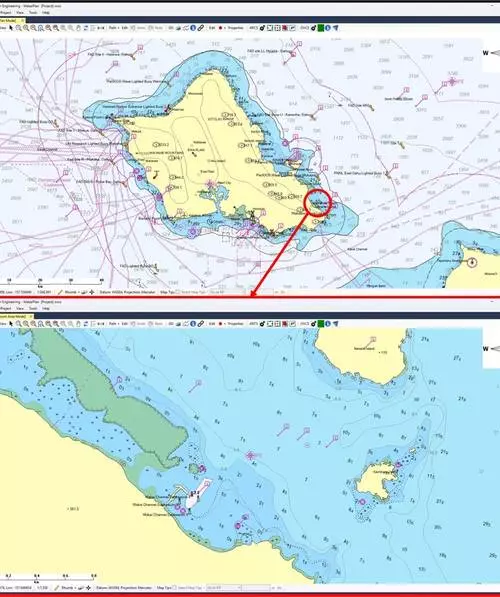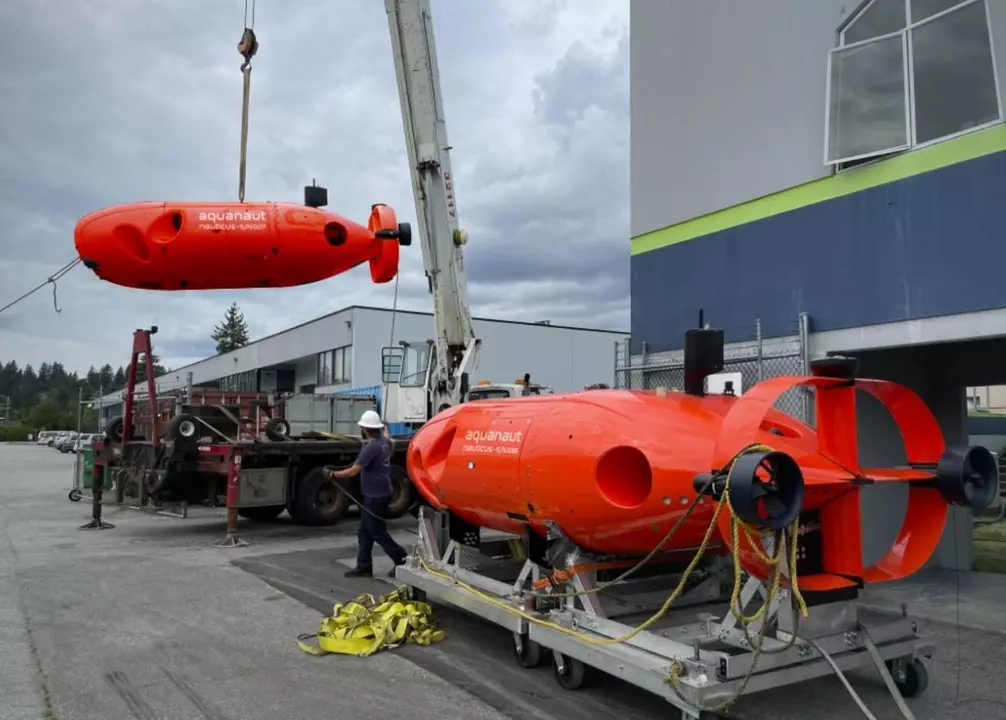Author: Oleksandr Kaiukov
-

Maersk’s Resilient Growth in 2024 and Strategic Outlook for 2025
Maersk’s 2024 Financial Performance and Future Outlook Maersk’s 2024 Financial Performance Maersk, a leading global container shipping company, demonstrated remarkable financial growth and profitability in 2024, solidifying its position as an industry leader. The company reported its third-best financial year, with a 65% increase in EBIT to USD 6.5 billion and a 12% rise in…
-
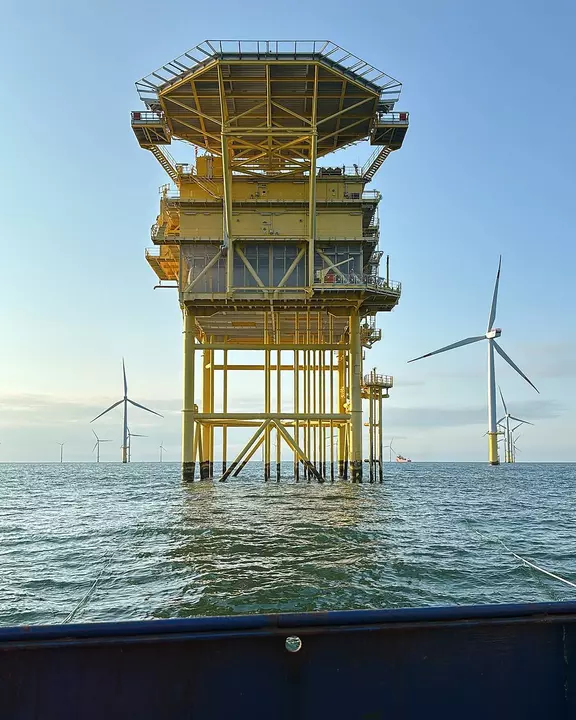
Acteon’s Crucial Role in Ensuring the Longevity of the Butendiek Offshore Wind Farm
Acteon’s Pivotal Role in the Butendiek Offshore Wind Farm Project Overview of Acteon’s Role in the Butendiek Offshore Wind Farm Project Acteon, through its geo-services brand UTEC, has completed the first year of a three-year balance of plant inspection contract with Siemens Gamesa Renewable Energy (SGRE) for the 228 MW Butendiek offshore wind farm in…
-
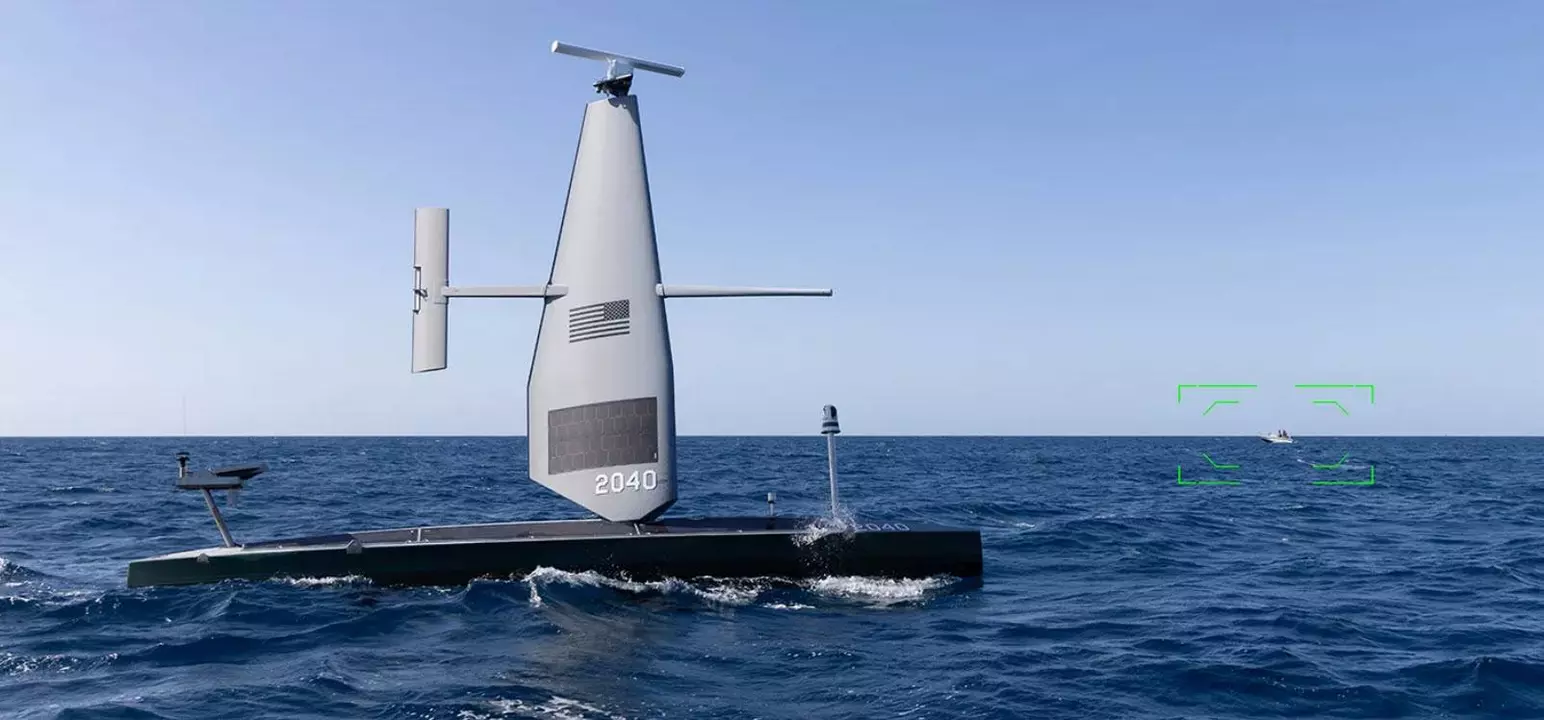
Saildrone USVs: Revolutionizing Maritime Border Security on the US Southern Frontier
Saildrone USVs Support Mission to Secure US Southern Border Introduction to Operation Southern Spear The deployment of Saildrone’s unmanned surface vehicles (USVs) to enhance maritime border security along the US southern border marks a pivotal initiative. This section delves into the background and context of Operation Southern Spear, focusing on the challenges faced by the…
-

Navigating Uncertainty: Canada’s Oil Industry and the Trans Mountain Pipeline in the Face of U.S. Tariffs
Canada’s Oil Industry: Challenges and Opportunities Amid U.S. Tariff Threats Introduction to Trump’s Tariff Threat The oil industry is a cornerstone of Canada’s economy, with the Trans Mountain pipeline serving as a critical export route. However, former President Donald Trump’s tariff threats have shaken the industry, prompting Canada to reassess its export strategies and pipeline…
-
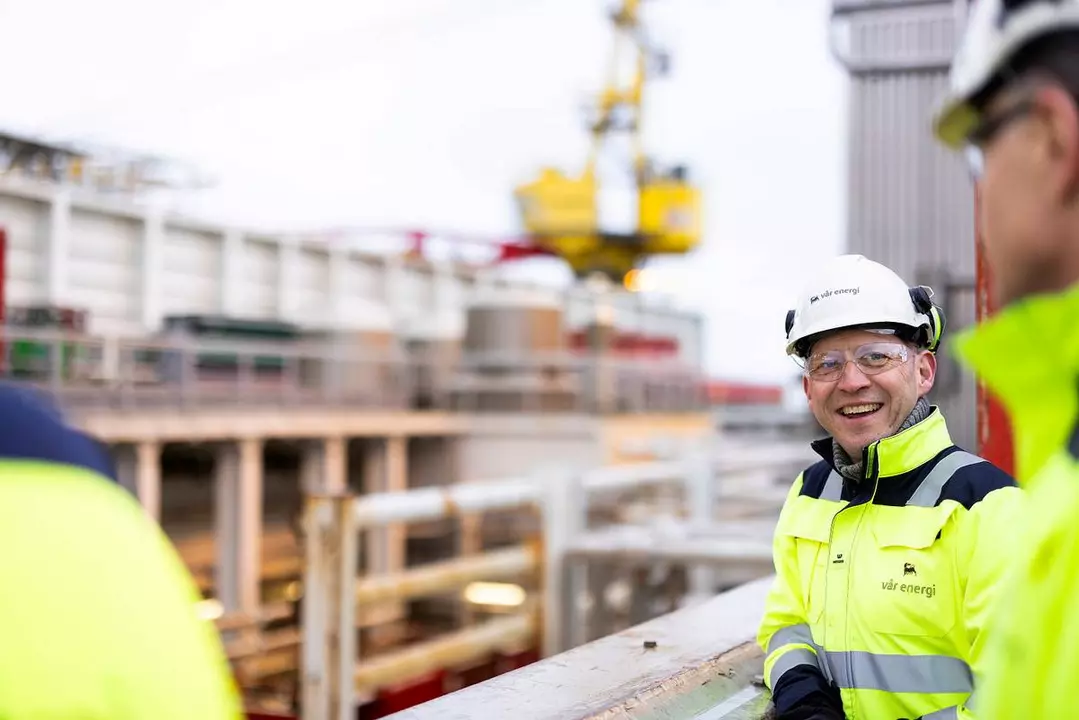
Vår Energi’s Bold Move: Revolutionizing Oil and Gas Development with Strategic Subsea Investments
Vår Energi’s Strategic Move to Accelerate Oil and Gas Developments Overview of Vår Energi’s Strategic Move Vår Energi has made a strategic move by pre-ordering Subsea Production Systems (SPS) from OneSubsea. This pre-commitment agreement is a significant step in Vår Energi’s business strategy, aiming to accelerate oil and gas developments in Norway. The agreement includes…
-
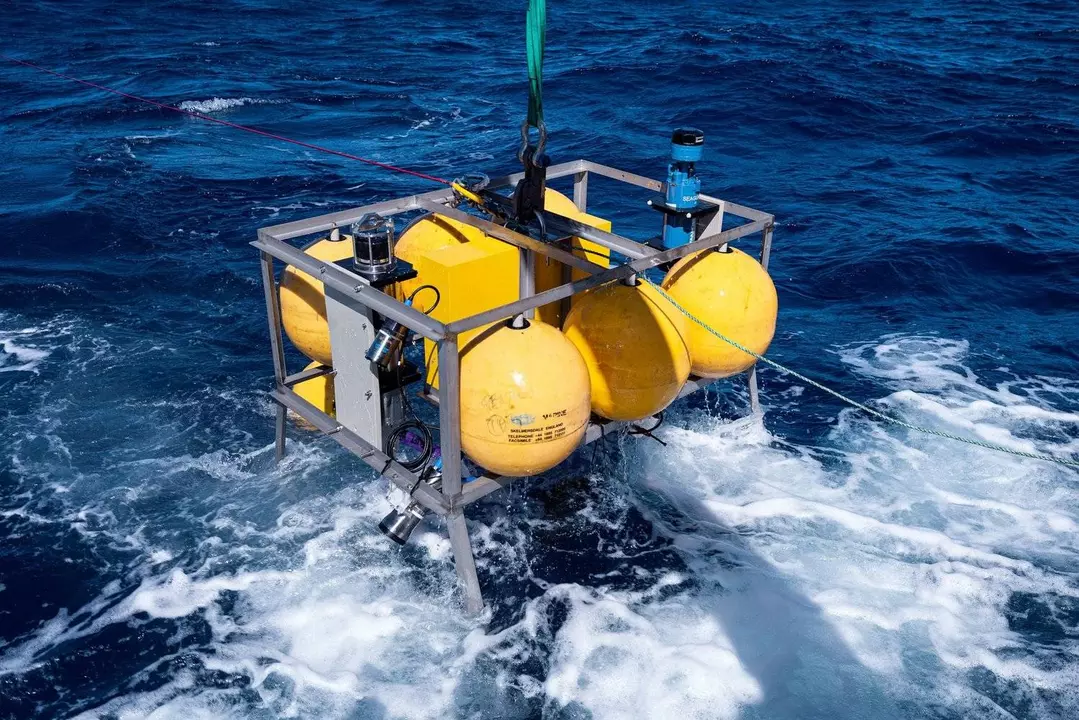
Revolutionizing Underwater Monitoring: SubC Imaging’s Autonomous Timelapse Camera System
SubC Imaging’s Autonomous Timelapse Camera System: Revolutionizing Underwater Monitoring SubC Imaging has introduced a groundbreaking autonomous timelapse camera system that sets new standards in underwater monitoring. This innovative system features a unique hibernation mode, enabling months or even years of continuous monitoring with efficient power management. Its flexibility allows integration with various setups, including drop…
-
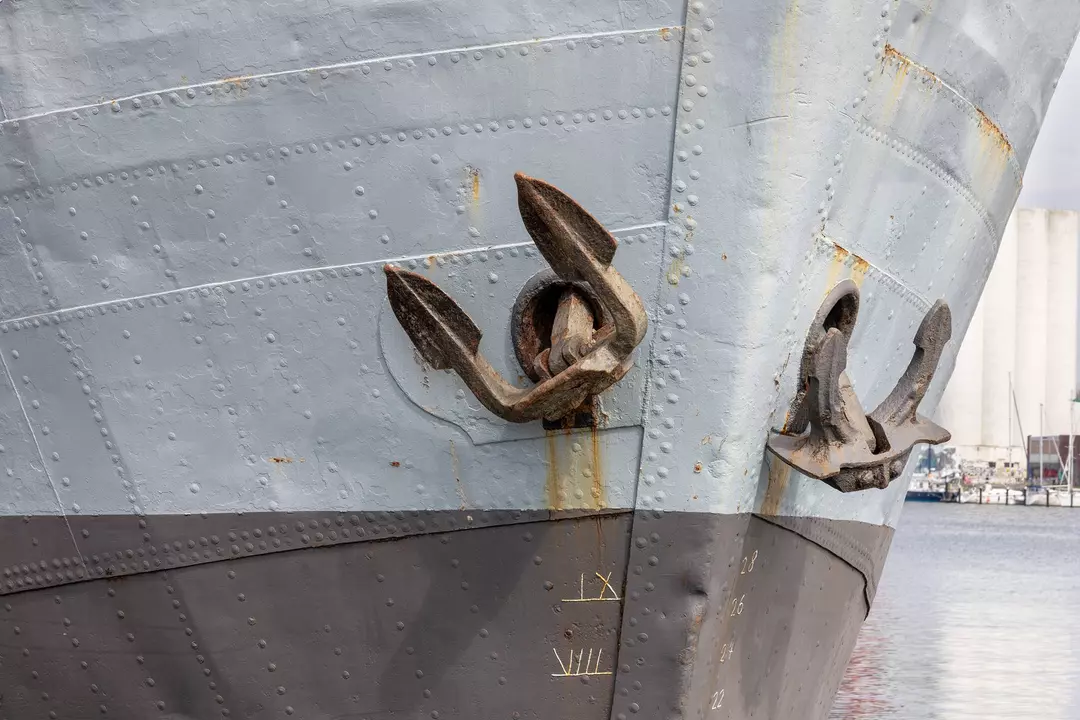
Lessons from the Vezhen Incident: Enhancing Maritime Infrastructure Safety and Security in the Baltic Sea
The Vezhen Incident: Lessons for Maritime Infrastructure Safety and Security Investigation Details The Vezhen Incident, which occurred in January 2025, involved the seizure of the Maltese-flagged, Bulgarian-owned tanker Vezhen by Swedish authorities. The incident was linked to the damage of an underwater fiber optic cable between Latvia and Sweden in the Baltic Sea. This section…

